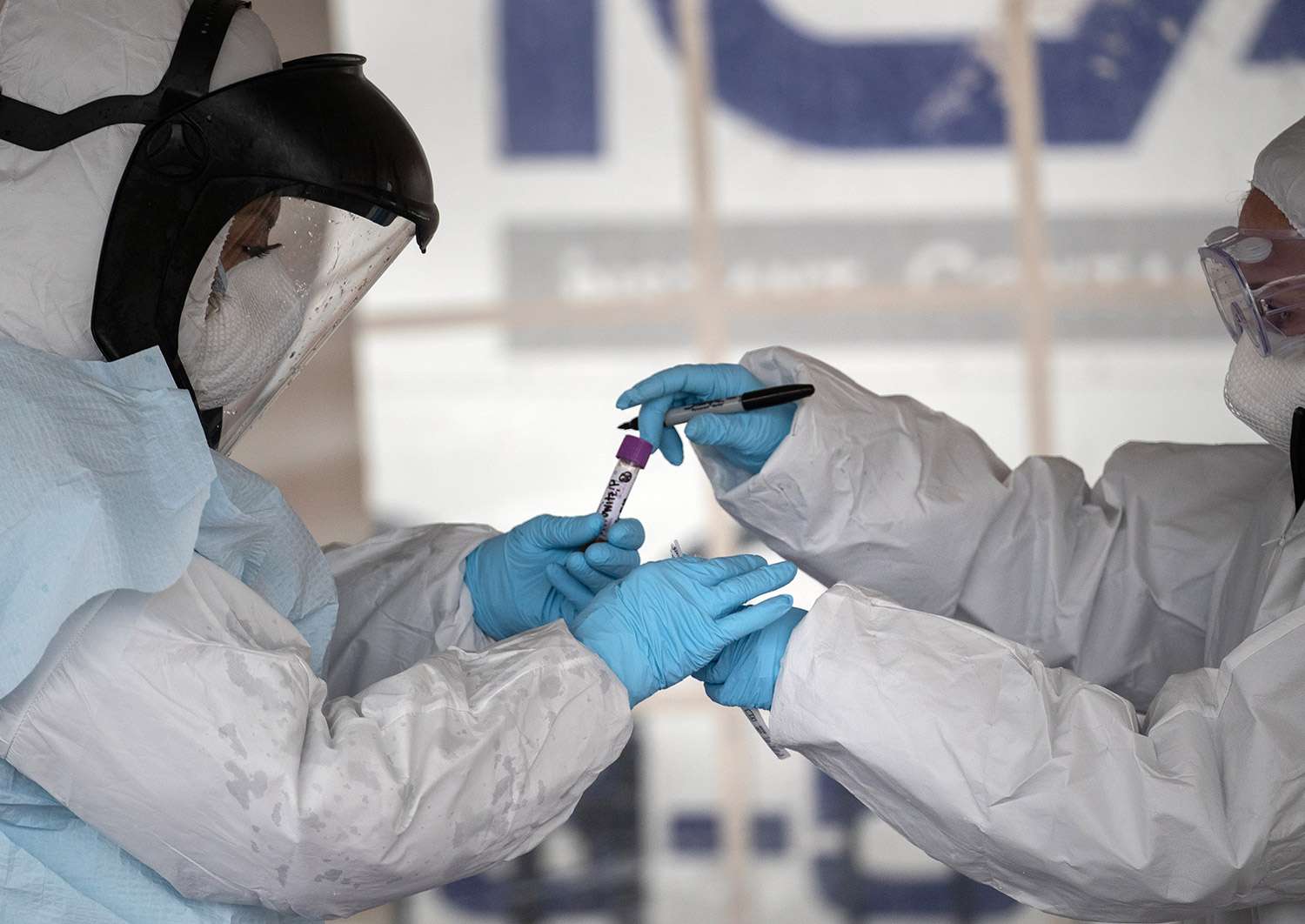
There are now more than 50 cases of the faster-spreading COVID-19 variant in the U.S., according to data from the Centers for Disease Control, and the agency believes cases could significantly increase in the coming weeks.
The CDC has identified 52 cases in the U.S. of the B.1.1.7 variant, which was first found in the United Kingdom. The majority of cases are in California and Florida, which have 26 and 22, respectively. The other four cases are in Colorado, which has two, and in Georgia and New York, which each have one.
But given the highly-infectious nature of the strain, which has been found to spread more easily, the CDC expects significant community spread of this form of COVID-19 in the coming weeks. They also cautioned that this is not the "total number" of cases from this strain in the U.S., but only the ones that have been identified from positive COVID-19 samples.
"Assuming the data we're seeing out of the U.K. is correct — it's 50 percent more transmissible — over the next couple of months we're likely to see this increase," Greg Armstrong, the leader of the strain surveillance program at the CDC, told the Washington Post. He added that the variant "is probably not in every state at this point, but I think in a lot of states."
There is no evidence that the strain causes more severe illness or is more deadly than other COVID-19 variants, but the faster spread is a major concern with cases already out of control in the U.S. A more contagious strain would cause more cases and more hospitalizations at a time when hospitals across the country are struggling with the surge in patients, particularly in Los Angeles County, which is nearly out of ICU beds and is experiencing an oxygen shortage.
The CDC said in a statement last week that the variant "could lead to more cases and place greater demand on already strained health care resources," according to the Post.
Experts do feel confident, though that the COVID-19 vaccines will work against the B.1.1.7 strain. All viruses mutate, and there are already many different strains of COVID-19 that the two vaccines currently approved in the U.S. — from Pfizer and Moderna — are able to combat.
To avoid contracting this new variant, public health officials are instructing Americans to maintain COVID-19 safety guidelines — mask wearing, social distancing and avoiding travel or interactions with people outside of their households.
Source: Read Full Article